|
Positive Parenting Refresher
At the beginning of the year, I asked if anyone needed a positive parenting refresher, and one of the ways I thought I could do that is by talking about books, articles and podcasts by parenting experts that I love. That way, you don’t have to read all the books, because that can be so daunting. I have to admit, I usually (always) listen to or read about the topics I am currently struggling with. So today, I want to talk about this amazing podcast by Janet Lansbury called Unruffled. The episode I want to discuss is called “The Securely Attached Child + How to Handle Disrespectful Behavior” with the equally amazing Dr Tina Payne Bryson (who co-authored No Drama Discipline and The Whole Brained Child). So why this one? Well, honestly I googled “Janet Lansbury” and “rude child” because I have felt that my 5 year old has been a bit demanding and rude to me lately. I needed a refresher. I need a refresher with every new phase my oldest child is in because it’s all unchartered water for me as a parent. With my second, I am so much more “unruffled” because I have been through it. These phases don’t bother me anymore. But man, that first born can really push my buttons... And that’s one huge thing to remember - a lot of this is about me - what is pushing my buttons and causing me to be upset. My 5 year old being disrespectful to me “you’re not the boss of me, I’m the boss of my self!” makes me feel really disrespected, like I have no control over my own kid. And then I react from my feelings of failure. So what do we do in these moments? Well, the experts in the podcast reminded me to 1. Hold the Limit - “show time is over”. 2. Validate their Feelings - “you’re upset that I am turning off the tv” 3. Connect - “I am right here with you while you are feeling angry” (disappointed) 4. Don’t let “you’re not the boss of me” hold power, let it roll off of me. Be “unruffled.” Because really, this tantrum is no big deal. When our kids are upset, they are in distress. And Dr Byson said we can think about it as if they are physically hurt. There IS something in them that is disregulated, feels uncomfortable. So when they show us their emotions, first of all, it’s awesome because they are securely attached and feel safe to show us their uncomfortable emotions. And we can respond with “you sound so mad, how can I help?” Connection is more important in these moments than correcting. What we don’t want to do is teach them that their emotions are bad or wrong. Feeling angry, frustrated, disappointed or sad is all apart of being a person, and if we “correct” them by reacting negatively to their emotions, they shut down. We need to be that safe space for them to express their feelings, even as they get older. BUT, that doesn’t mean being permissive. Going back to point number 1: Hold the Limit. Validate for sure - you can even empathize or relate and say “I would feel disappointed too.” Disappointment is a part of life, and learning to experience it, feel it and then work on a solution is one of the best lessons we can teach in these moments (or in the calmer moments after a tantrum). So...how do we wrap up an exchange like this? After we hold the limit, validate feelings and connect (while staying calm ourselves), we can then work on an appropriate solution or resolution. In my example above about tv time, I can present the options my son has when shows are over. Or we can choose what show he will pick for tomorrow. Options are great as long as it’s not trying to replace or distract from his feelings of anger or disappointment. It’s important he expresses those feelings to me in the moment, and I need to remind myself what an honor it is that he feels safe enough with me to show me his most painful emotions. To listen to this podcast: https://m.soundcloud.com/janet-lansbury/the-securely-attached-child-and-how-to-handle-disrespectful-behavior-with-dr-tina-payne-bryson Next on my reading list: The Power of Showing Up by Tina Payne Bryson
0 Comments
Holy cow. We are officially in this. And it is hard. When I heard schools were closed until the fall, I felt helpless and scared. And as with anything difficult in life I immediately think of my children and how I’m going to get us through this. This is what moms do - we get everyone to the other side. The other side of anything painful, challenging, difficult, you name it. Being a mother to small children is beautiful, but it is hard! Being a mother to little ones during a pandemic - exceptionally hard. However, we are here. And lucky for everyone, there is nothing stronger than a mother. It’s not a matter of “if” we can do this. We will do this. Feeling trapped, exhausted, isolated isn’t new for us. We’ve been here before - we are moms. We have triumphed and we will once again. Isolating with children is truly a roller coaster. On one hand, life has come to a grinding stop. I can slow down. I’ve never really felt like that before. And for once I can stop and actually see my kids. I can be present. At times I find myself so joyful, laughing and snuggling with my four-year-old or studying my five-month-old’s eye lashes while he sleeps. Yet the next moment I’m so far away, floating in uncertainty and anxiety, trying to hide the tears in my eyes, worried about everything and everyone. I’m processing my daughter’s emotions all while trying to simultaneously process or suppress my own: is she crying because the picture she was drawing didn't come out "right" or is she really crying because she misses her teachers and can sense something is off with her parents? In some ways it feels like everything has stopped. It feels like we are in a bad made-for-tv movie that’s playing out in front of us. As mothers, we don’t get to stop to watch. Sure, there are benefits. We are distracted from the horror. But we are also expected to keep life moving “as usual”. And let’s face it - it’s more work. More cleaning, more cooking, more entertaining, more negotiating, more putting out fights, and for some of us even trying to find time to work between all of that. Basically, no time to process what is happening. And certainly no time for ourselves - new concept for us? I think not. But still.... Please know that when you feel alone, or lost in this: we are all experiencing the same emotions. We are in this together. Be there for each other. Reach out when you feel like you’re drowning or alone. Trust me, we all understand. Reach out when you feel like you’re winning - that can be helpful too. Remember: We have to hold onto hope right now, when we feel too weak to hold hope we can hold it for each other. So my message is: you are not alone. Truly. We really are in this together. And when we come out of this, which we will, we will need each other all over again, but in a different way. That’s okay though, we got this, because there is nothing stronger than a mother. AuthorKelsey Madden, MA I have been having tantrums. I’m not screaming or crying or dropping on the floor like a wet noodle. But, I have been letting my frustration and annoyance at my typical 3.5 year old’s behavior get the better of me and I’ve been expressing it a little too loudly in front of him. Recently, it’s when he’s hitting. My immediate reaction is fight - “Omg he’s hitting the dog - he’s going to be a psychopath!” Or embarrassment - there is nothing like parenting my own 3-year-old to make me extremely humble about my profession (child development). Sometimes I only have a minor tantrum (like raising my voice and basically whining at him to just stop!), and I can recover quickly, but there are some sleep-deprived days when I just let it all out, and I am starting to realize how scary that must be for my little guy. It’s not that he shouldn’t see that I’m human and have emotions or get upset, but I’ve been acting like his minor (age-appropriate) lapses in self-control are a way bigger deal than they are. Even the big stuff like hitting or kicking - while it isn’t good and he can hurt the baby, my big fat reaction has only been making it worse. Lately, I’ve been listening to a lot of podcasts and reading my favorite positive parenting guru, Janet Lansbury. Janet’s insight into understanding the toddler mind has been my saving grace, and I’ve started reading excerpts from her books almost like a daily devotional. Slowly but surely, her methods have begun to work their magic on me and my son. In particular, my son has been expressing a lot of repressed feelings about his 9-month-old sister by hitting, pushing and kicking all of us. He’s currently experiencing a wonderful combination of typical 3.5 year old development, being constantly over-tired from dropping his naps, and lots of feelings about baby. Poor kiddo is letting it allll out now. Last Sunday (Mother’s Day, yay!), it was rainy and gross, and he was overtired from a fun Saturday, and he COULD’T. STOP. HITTING. Normally in situations like this, my adrenaline kicks in and I can’t seem to remember my peaceful parenting training in the heat of the moment. But for whatever reason on that day (maybe my Mother’s Day mimosa chilled me out), I remained calm and could see that he needed my help, and I was able to calmly, but securely, hold onto his hands and tell him “I won’t let you hit. Hitting hurts.” This went on for a good 10 minutes. It was clear that his out-of-control hitting was him crying out for me to help him stop. I realized two things: - He needed me to physically set this limit with him because he felt so out of control. He couldn’t stop himsef. - And he needed ME to remain calm and in control. To be his secure base to whom he could reveal his deepest feelings. Because it’s scary for kids to feel out of control, and it’s even scarier to see their parents out of control. He needed me to be his calm anchor. And in that really difficult moment, it worked. He released a LOT of emotions and wanted me to hold him while he cried and cried. And my sweet little boy was back. Now my goal is to take care of myself so I have enough sleep and patience that I don’t overreact when he acts out. So that I don’t feel afraid or embarrassed about his emotional outbursts. So I can realize in the moment that him pushing limits is how a 3-year-old asks for help. And so that in those moments, I can be the peaceful parent I strive to be. Changing the size of your family is hard. But there’s a lot of debate amongst parents about which transition is the hardest. Is it harder to go from one child to two children? Or two to three? Or (god bless you) three to four? No doubt the amount of work you do triples with each additional child and the amount of sleep you get decreases, but having your second, third or fourth child might not be the hardest to adapt to.
In my work teaching child development and enrichment classes for families and in parenting my two children, I think I’ve realized that for many families, the hardest transition of all (not including parenting multiples, divorce/single parenting or parenting children with special needs) is from going from having no children to ONE. Your ENTIRE world changes over night. Single or coupled, you are used to looking out for number one. Your needs were as important as your partner’s/family’s. You decided what you did based on what worked for YOU. Even the basics of when you ate, slept and peed were in your control and no one else’s, but now your needs are no longer at the top of the to do list. Building your career has probably been your priority for the past decade or two. You put time and thought into your appearance. You had excellent hygiene and felt tired after getting only 7 hours of sleep as opposed to your usual 8-9. On weekends, you slept in, drank your coffee hot, took the dog for a walk, organized a little and then met friends for drinks around 2:00. You stayed up late because there was nothing that was going to wake you up before 8am. When you go from this life to suddenly being responsible for another human being’s life, nourishment, sleep, happiness, entertainment, safety, education and health - to me, this was the hardest change. Of course it’s amazing, and while I think the change going from innocently selfish to completely selfless is ultimately good for our souls and enriches us beyond our wildest dreams, it is hard, exhausting, and often thankless. So new parents, I want you to know that it’s normal to mourn your old, childless life. Don’t compare your situation to others who “have it harder” because this is one of the biggest life changes you have gone through. If you’re struggling, it doesn’t make you a bad parent. It doesn’t mean you don’t love your child with all your heart - it’s actually proof that you do because you have changed everything for this little one. And it doesn’t mean you will always feel like this. It just means that your entire life has changed in the time it took to bring your first child into the world and now you have to carve out time (and accept help) in order to take care of yourself. And please hear me, moms and dads, when I say - you’re doing great ️ 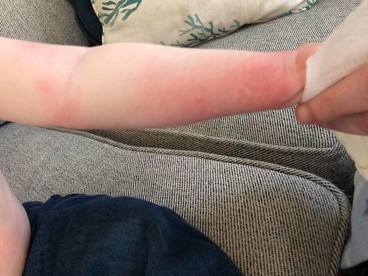 No, it's not your kid. Yes, the child's caregiver is most likely prepared in case of an allergic reaction. BUT, it's so simple and easy for us (parents/caregivers whose kids do not have allergies) to help prevent allergic reactions in children. +We all know that preschools and facilities like Marblehead Parenting, the JCC and the YMCA are nut-free, so we don't pack nuts or nut butter in our kids snacks and lunches. However, it was only when my son started preschool (and started eating peanut butter non-stop), that I realized how dangerous it would be for children with allergies if I sent him off without washing his hands and face. A local mom recently posted on Facebook about an incident that happened to her son. He has several severe allergies including egg. She was just finishing her breakfast (and wiped her hands and face) when her son jumped into her arms. She didn't think in the moment about the potential egg residue that could be on her as she started to get him dressed, and he broke out in hives everywhere that she touched him. Thankfully this reaction was not severe enough to warrant benadryl or an epipen, but the egg residue could have easily gotten into his mouth had he kissed his mama after she had eaten her breakfast. Another incident involved a child in one of our Child Development classes. He also has an egg allergy, and when the children in class began to play in the sensory table, he broke out in hives. One of the children in class had eaten eggs for breakfast hours before, yet the residue managed to remain and make its way through the sensory activity to the allergic child. This was entirely my lack of foresight. Now when I know of a child's allergy, we take special measures and make sure the other children have washed up prior to playing with the same activity. Most contact reactions result in hives. So if a child touches another child who has egg (or other allergens) on their hands the allergic child usually breaks out in hives. However, babies and young toddlers are curious about each other. They like faces and often like to touch each others noses, mouths or eyes, and if there are traces of the allergen (like peanut butter) on the child's finger that gets into one of these orifices, the allergic child can have an anaphylactic reaction - stop breathing and require immediate treatment from an epipen. The most common food allergies in children that can cause anaphylaxis and/or contact dermatitis are:
So I urge you, parents and caregivers, to think about what the children and parents of allergies go through every time they go to a playground or to school or a class with other children. We can take an extra minute before leaving the house to wash our children's hands and faces and make sure their clothes are at the very least egg, nut and fish free before heading out the door. (Please note: my child does not have allergies and I am also educating myself. Please feel free to comment with additions or amendments to this post.) Please see the Cross Contact Section of the following form on other ways to help prevent reactions: 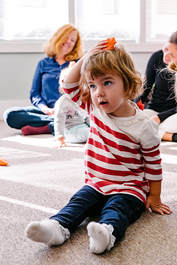 Back to school is stressful for parents of school-age children but it and can also raise many questions and concerns for parents of babies, toddlers, and preschoolers too. Let us help! Should I sign my child up for something? It seems like a lot of money up front. Maybe I should just do drop-in. Would they get the same benefits from a play-date? How am I going to meet other moms and make friends? How do I get my child to share? My child is shy. I'm so stressed out and exhausted! Should I sign my child up for something? Are they too young?
Maybe I should just do drop-in.
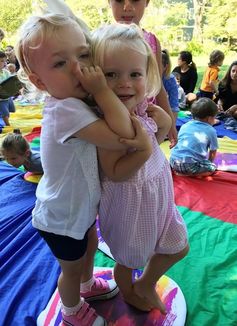 Would they get the same benefits from a play-date? How am I going to meet other moms and make friends? How do I get my child to share? My child is shy and doesn't make friends easily.
I'm so stressed out and exhausted!
A Personal Relationship: As a small, family run business, we are accessible. A handful of local, consistent, and incredible teachers and owner Sara Timm-Bane - a local mom and Child Development specialist - make up the Marblehead Parenting team. We love what we do and we care about our community and future generations. We are happy to help you find the appropriate class for your child. Sara wants you to have the best parenting experience possible and is happy to chat via phone, email, or even messenger! Receive the full benefit of the class. See our full schedule HERE and click on the links to register for our Fall classes. 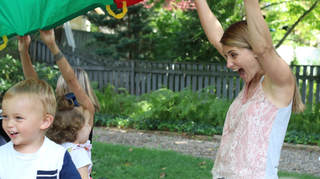 Contact Sara: Email: [email protected] Phone: 805-895-9131 Facebook: facebook.com/marbleheadparenting www.marbleheadparenting.com 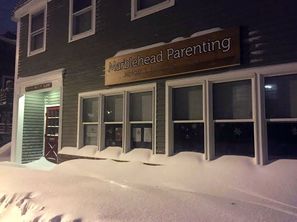 5 Snow days (and counting) in two weeks? A 4-day-long "snow event"?! More days stuck inside with nothing to do?? You're beautiful and all snow, but when this California girl's family keeps teasing her with tales of 75 degree weather back home, you are not my friend. Note to my CA friends: a "Snow Blitz" is not as fun as it sounds. At least we grown-ups have the option of doing a million chores (blah), working from home (hooray) and (if little one ever falls asleep) catching up on our DVRS, but what, oh what, will these stir-crazy babies and toddlers do? I've listed a few easy ideas for in-home activities with some baby versions when appropriate. So if class is cancelled and open play is a no-go, try some of these boredom busters! Gross Motor Activities: One of the hardest parts of a snow day is how little we use our bodies. Toddlers are used to exploring and pushing the limits of their new walking, running, jumping and climbing abilities, so it's no wonder they are bouncing off the walls when they don't get enough exercise. And forget about a good nap! 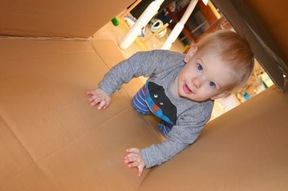 www.themummyadventure.com www.themummyadventure.com Living Room Obstacle Course: Turn cushions into ramps for climbing and pillows into stepping stones, toss all the balls you own into a ring of pillows for a home-made ball pit and throw your exercise ball into the mix to get a little crazy. And is there anything a cardboard box can't turn into? Open it up, flip it on it's side and WHAM! A homemade tunnel! *Babies - throw everything on the floor. The homemade ball pit still works great for non-mobile babies and the large cushion obstacle course is perfect for crawlers. 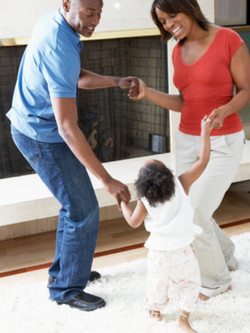 Family Dance Party! Crank up the volume, clear away some furniture and dance the winter blues away! Don't limit yourself to toddler tunes that will drive you batty - put on some music you like with a real beat or whatever inspires you to get up, jump around and Shake It Off! The sillier you get, the sillier they get and the more energy is burned away. And let's be honest - kids recognize and enjoy good music, so crank it up! *Babies - No change. Dance with them in your arms and give them some support to help them bounce on those delicious baby legs! Sensory Activities: You're all bored. There is nothing new in the house that hasn't been played with dozens of times before. We all seek mental stimulation - especially the young, developing brains whose only job is to take in sensory information and make connections about the world. These little brains crave sensory input from the world around them. Plus, different sensory activities will introduce new descriptive words into their vocabulary as you talk to them and describe the material. For example, my homemade cinnamon playdough is "smooth," "squishy," "red," and "smells delicious!" 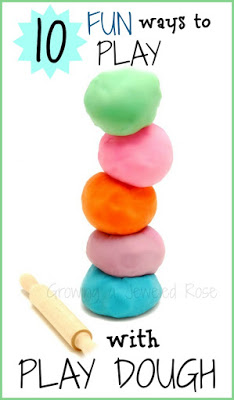 www.growingajeweledrose.com www.growingajeweledrose.com Homemade Playdough: The possibilities with playdough are endless and it is so easy too make! I've written out the recipe I love and use at Marblehead Parenting, but there are also "no cook" recipes that kids can help you make. 3 cups flour, 1.5 cups salt, 6 teaspoons cream of tartar, 3 tablespoons oil, 3 cups water Pour all ingredients into a large pot. Stir constantly on medium heat until dough starts to pull away from the sides. Be careful not to keep it on the stove too long as this will dry it out. Knead the dough mixture until the mixture matches play dough. Add paint or food coloring as desired. Also optional: spices such as cinnamon or essentials oils for scent. *Babies - play dough is a choking hazard, so make "moon dough" instead! Mix 8 cups of flour with 1 cup of oil to create a moldable, clumpable dough. Toddlers and grownups also love this dough! For pictures, click here 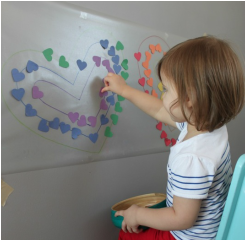 Creative Activities Sticky Paper Mural: Nothing beats sticky paper for it's cleanliness. For those of you afraid mess, this beginning art activity is just the thing. Use painter's tape to secure the sticky paper to the wall or table sticky side out. Cut up felt, foam, paper and tissue shapes and get creative! Look for large buttons, yarn, ribbon, small blocks or other toys that might stick to the paper. It becomes a mini-experiment to see what will stick! Beautiful, clean artwork at home! Leave the mess for our Toddler Art class :) Contact paper works great for this activity. *Babies - Sticky paper is still a great sensory experience for little ones. Tape it to a mat on the floor or around a ball and let them explore the new sensation of their hands sticking to the paper. Roll cars or other toys onto it (stick blocks on it) for a fun sound! 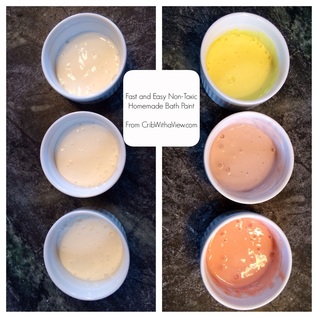 www.cribwithaview.com www.cribwithaview.com Bathtub Paint Keep your toddlers engaged and the mess contained in the tub! What's better than an art activity where you can hose off your canvas and kid when you're done? Check out my friend's amazing, heartfelt blog, Crib With a View for her recipe: Click Here Snow Painting Bring the snow inside (in bins/buckets in the tub) and let them paint with trays of food coloring-colored water! Use paintbrushes or spray bottles. 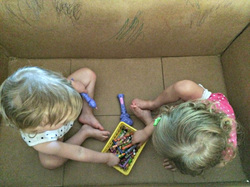 http://mammamoiselle.com http://mammamoiselle.com Cardboard Box Coloring Stick your kid directly inside a cardboard box and let them color, stamp, sticker the inside walls of the box to their heart's content! Hint - when their done interior decorating, pull out their toy tool box and let them hammer, screw and "fix" the outside of their box house Pretend Play 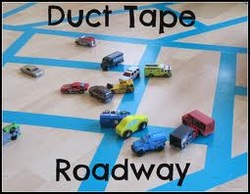 http://discoverexplorelearn.com/ http://discoverexplorelearn.com/ Duct Tape Roads: Make roads out of duct tape all around your house (carpeted floors are best to avoid residue on hardwood) and make cardboard ramps for toddlers to drive their cars around and around and around. 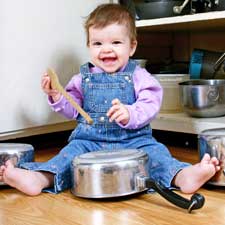 Real Kitchen Play Let your babies and toddlers play with real pots, pans, spatulas & wooden spoons. Let them make a lot of noise drumming on the pots or give them some things to "cook": dry rice/pasta, dry beans (for older tots), flour (if you don't mind a little mess) or just plain old water! Other Ideas:
Get Shoveling! - Toddlers love having a job to do. "Dig" your sand shovels out of the basement along with some buckets and let your little ones "help" shovel you out! Treasure Hunt - Hide different toys and treasures around the room and encourage little one to find them! Tots Yoga - Most of our toddlers are natural yogis. Teach your kiddo new moves like polar bear, butterfly and giraffe pose. Don't know the moves? Come to our next Toddler or Preschool Yoga class and Melissa will teach you! (shameless plug) And last but definitely not least, check out our schedule of weekly classes and open playtime to shake your sillies out, socialize with other children & caregivers and just escape the house! *We try our very best to be open, but please check out our Facebook page and Homepage for updates during storms. More ideas to come! Stay safe and warm everyone! - Sara |
AuthorSara Archives
March 2021
Categories |
|
40 Tioga Way, Marblehead MA / [email protected] / 781-990-5254**
**We are only onsite during scheduled activities, email is preferred** |
|
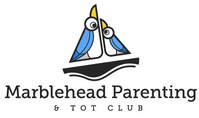
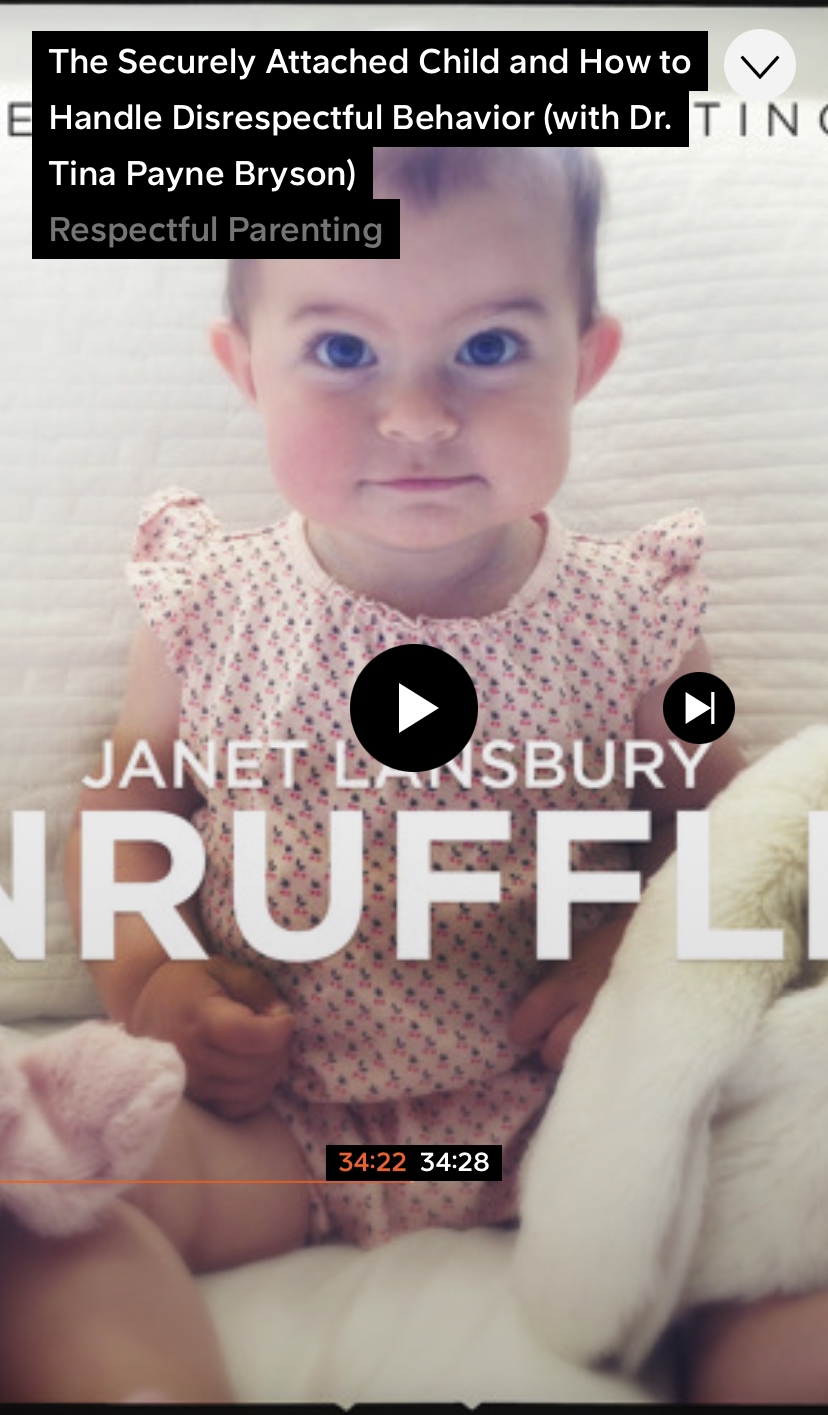
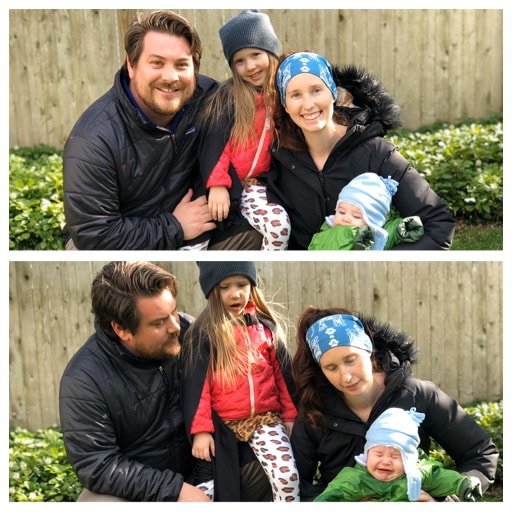
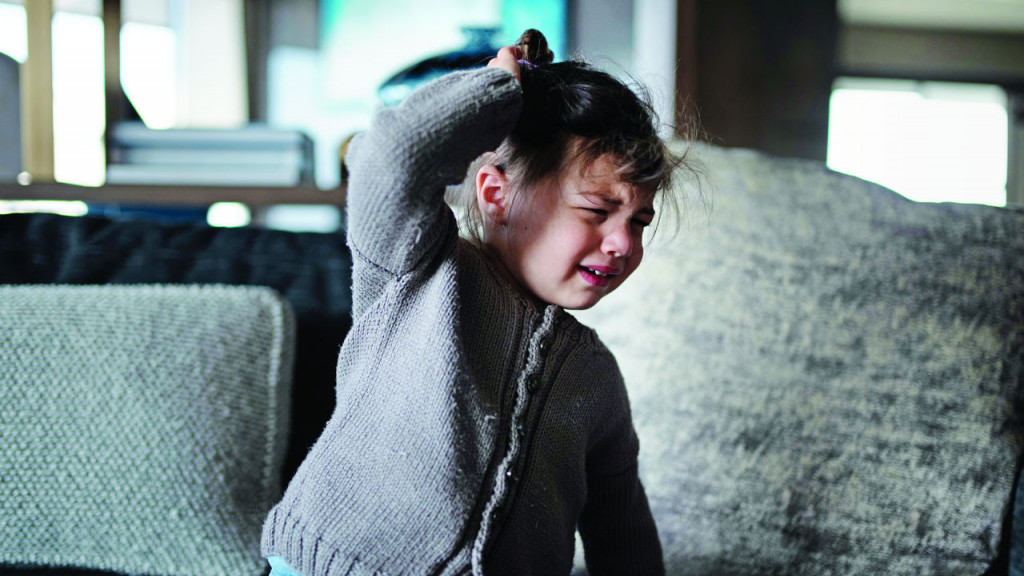
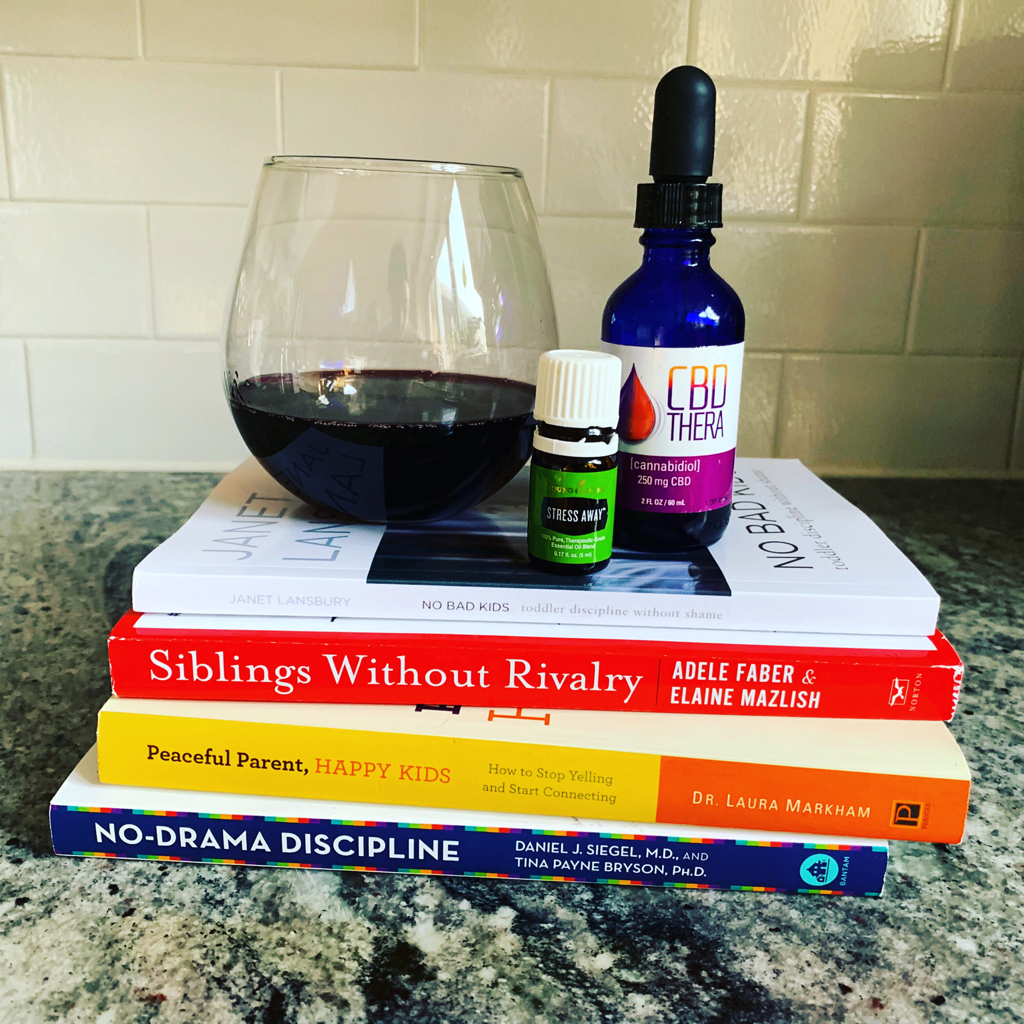
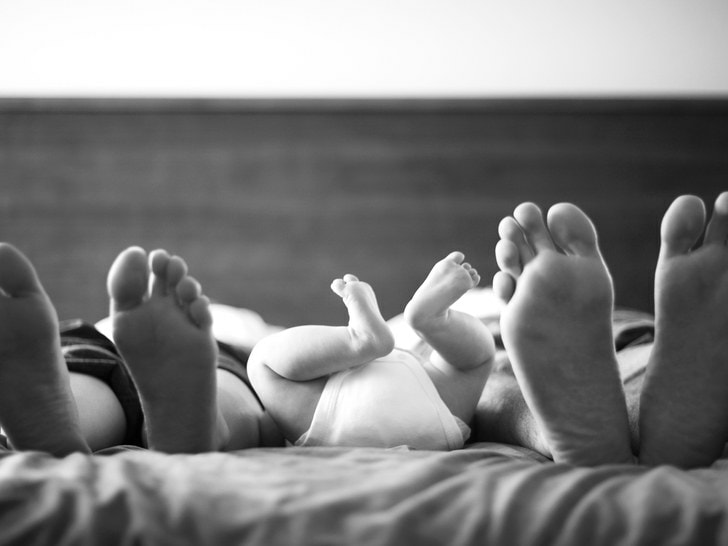
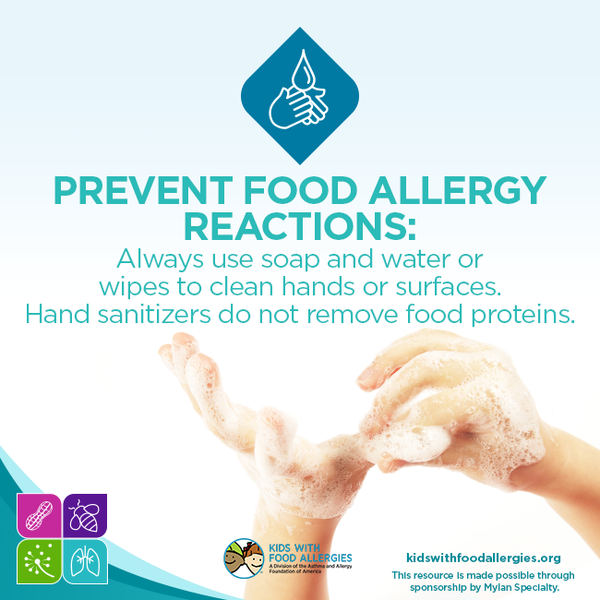
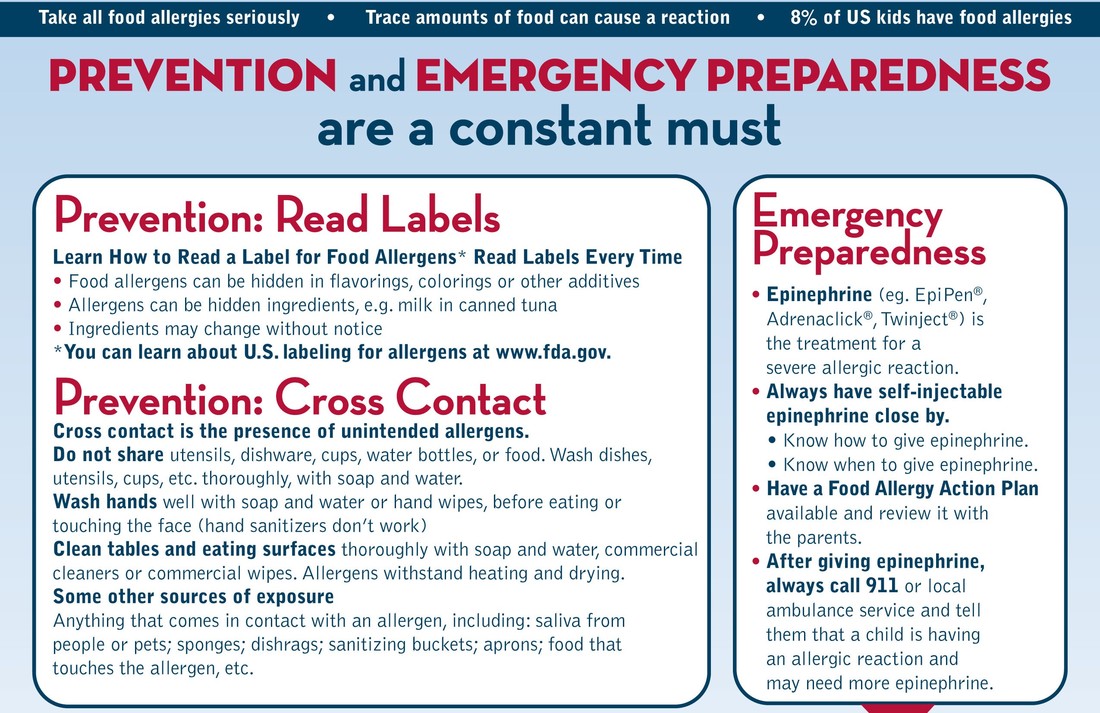
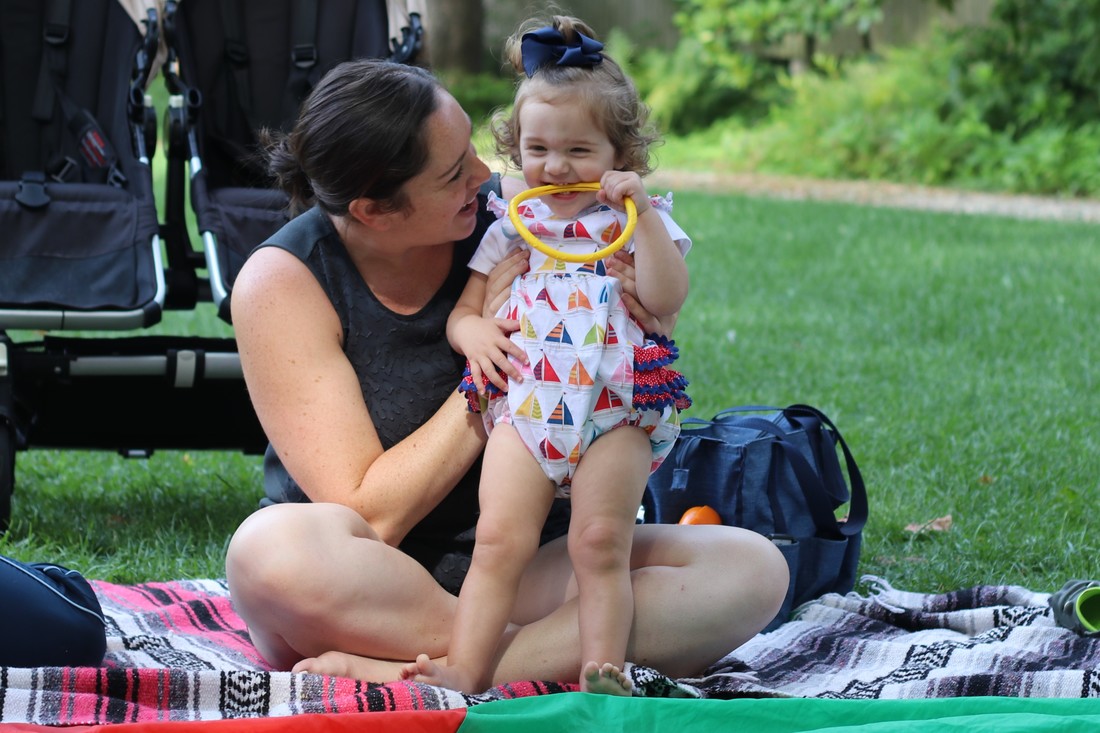
 RSS Feed
RSS Feed
